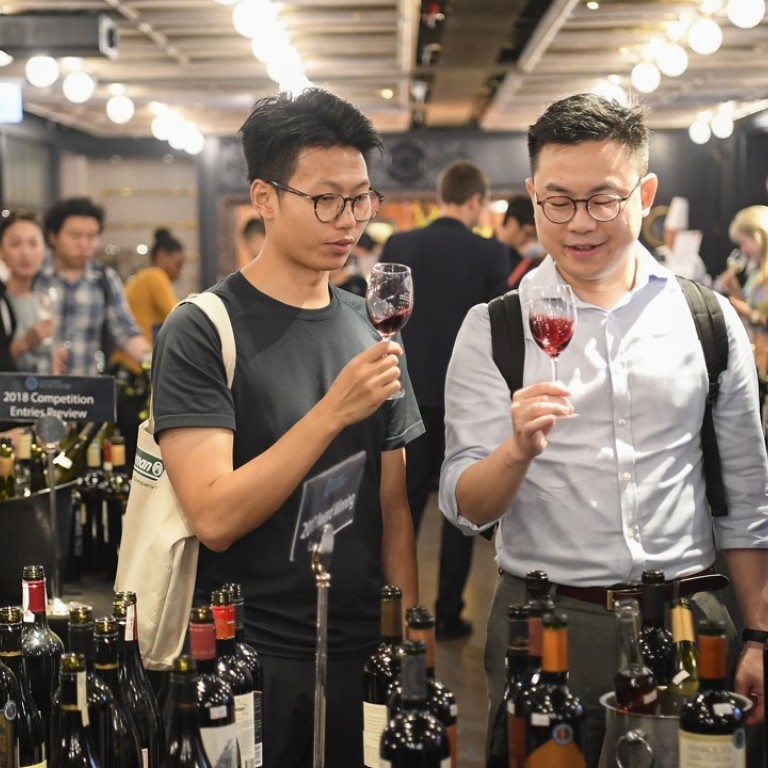
10 years after wine tax abolished, Hong Kong is Asia’s wine hub and local scene is prospering
- Hong Kong wine imports have almost quadrupled since 2007 and the city has left competitors Tokyo and Singapore far behind
- But still too many hurdles for holding outdoor wine festivals
What a difference a decade makes. We’re a little older, a little wiser and our style has matured.
By “we” I mean the Hong Kong wine market. This year marks a decade since the government set out on its mission to make Hong Kong the wine hub of Asia by stripping away wine taxes and duties. Soon after, Hong Kong became not just the heart of Asia’s wine trade, but also one of the largest wine auction centres in the world. In 2017, total auction sales in the city climbed to US$97.8 million, according to winespectator.com.
China cultivates grape-growing region, but struggles to uncork great wines
For a century, wine was one of the few commodities in Hong Kong subject to import duties. In 2007, the government slashed wine’s hefty 80 per cent duty rate by half, and then abolished it completely in 2008. The world’s first accreditation scheme for wine storage facilities followed, as well as a collaborative customs facilitation scheme with China for wine re-exports which was implemented in 2010 and enhanced in 2014.
Total wine imports into Hong Kong increased to HK$6.2 billion (US$792 million) in the first half of 2018, almost four times the 2007 figure of HK$1.6 billion. Red still dominates the market, with cabernet sauvignon and pinot noir the key varieties.
This year also marks a decade of the Cathay Pacific Hong Kong International Wine and Spirit Competition (HKIWSC), co-founded by the Hong Kong Trade Development Council, Christie’s Asia head of wine Simon Tam, the IWSC London and myself. The event was created because, while there are plenty of competitions globally, there was no international standard for Asia.
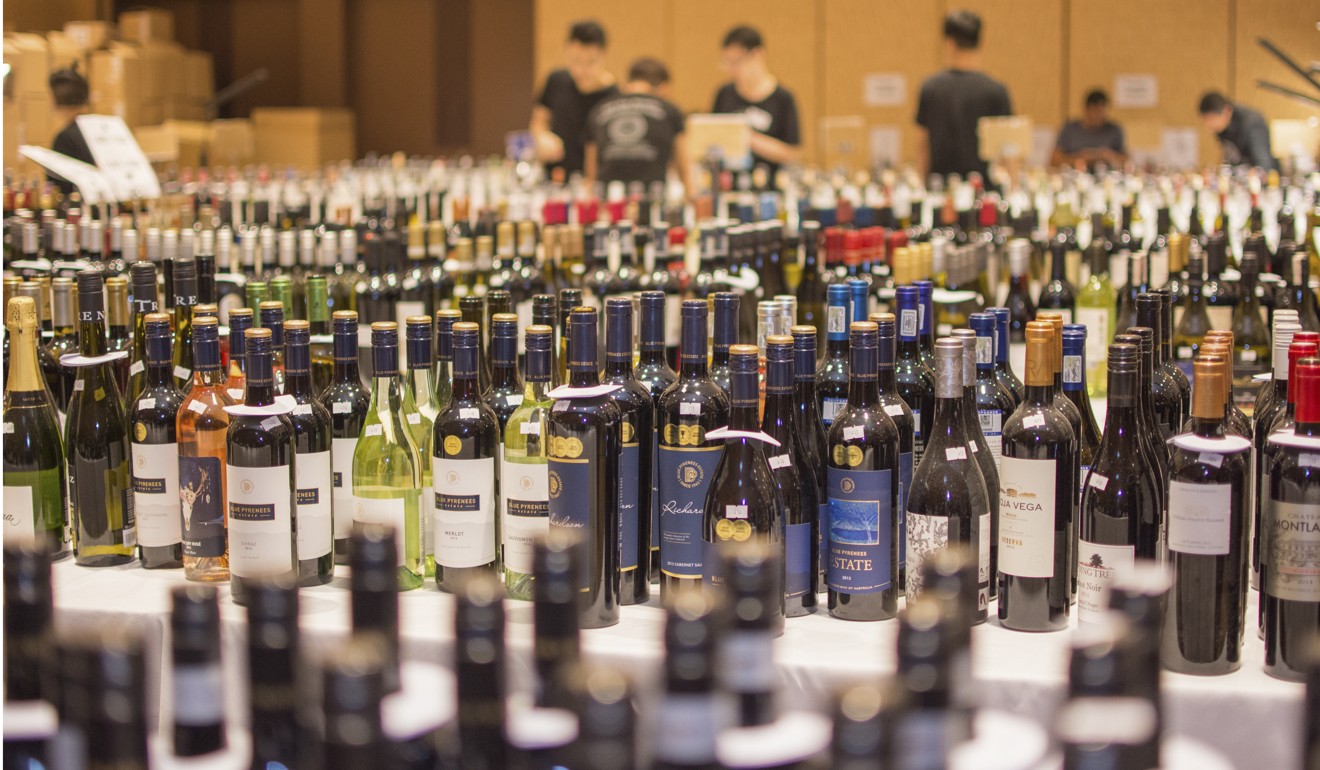
People in Hong Kong were interested in wine, but there was no culturally appropriate guidance for them. The IWSC’s involvement brought the world’s most prestigious, respected wine competition to Asia, but with a local focus. The inclusion of Asian judges and Asian food and wine pairing supports the competition’s objective to be “Asia’s Choice, Asia’s Voice”.
Food definitely needed to feature prominently. That is why the competition expands the selection of dishes its pairs every year, with a diverse selection featuring over the years including kung pao chicken, Peking duck, Korean grilled beef and Vietnamese shaking beef.
In this year’s HKIWSC, pinot noir proved its versatility with a range of Asian dishes, winning three of the nine Asian pairing trophies. A chardonnay from Japan shone when paired with white sashimi. In fact, Asian winemakers once again fared well overall in the food and wine pairing awards.
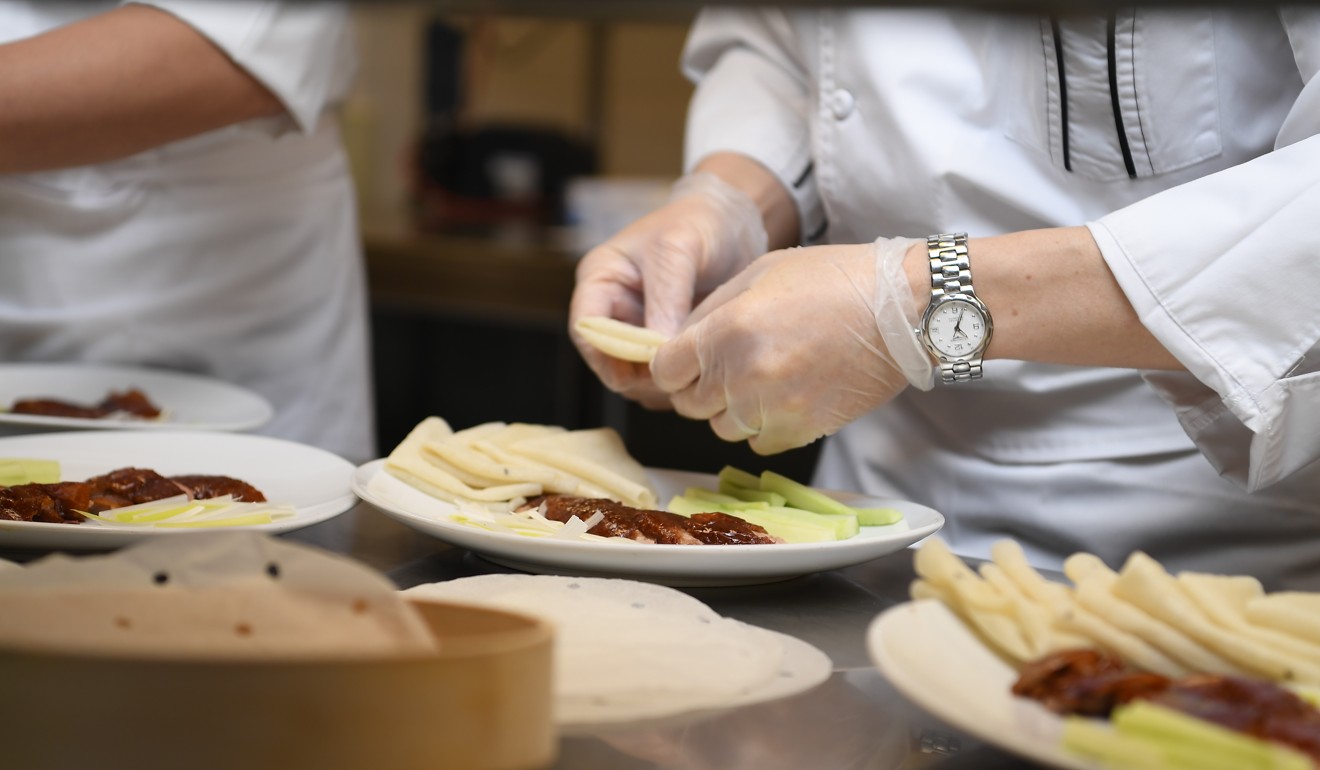
Fans of chardonnay and sauvignon blanc – Asia’s favourite white varieties – are being pointed south by Asia’s tastemakers (aka the judges), with a chardonnay from Australia’s Bay of Fires Tasmania and a sauvignon blanc from Sacred Hill Origin in Marlborough, New Zealand gaining gold in their categories.
Hong Kong is its own master, but we are starting to see the gradual adaptation of US and European trends with the emergence of wine bars and the increasing popularity of organic wines. The theme of the 2018 HKIWSC was “Sustainability in Wine Business” and we introduced the green wine award as extra recognition for all gold medal and trophy winners who are certified organic, biodynamic or sustainable.
[Hong Kong] wine fairs have some of the most wide-ranging wine tastings in the world, second only maybe to London
Advances in e-commerce and social media are also propelling our wine scene forward. According to research done for my 2019 Guide to the Hong Kong Wine Trade, e-commerce generated around 15 per cent of sales revenue for half the importers interviewed. But while digital marketing is growing in importance, paid sampling and incentives are still the core strategy, they said.
Another social trend – bring your own bottle (BYOB) for wine gatherings at fine dining restaurants – remains strong as Hong Kong’s collectors seek opportunities to share special bottles from their cellars.
Around 60 judges were in town for this year’s HKIWSC judging, which took place in August at the Hotel Icon in Tsim Sha Tsui. I quizzed a few of the industry’s top opinion leaders, influencers and trendsetters to share their reflections on the past decade of wine in Hong Kong. Here are their thoughts.
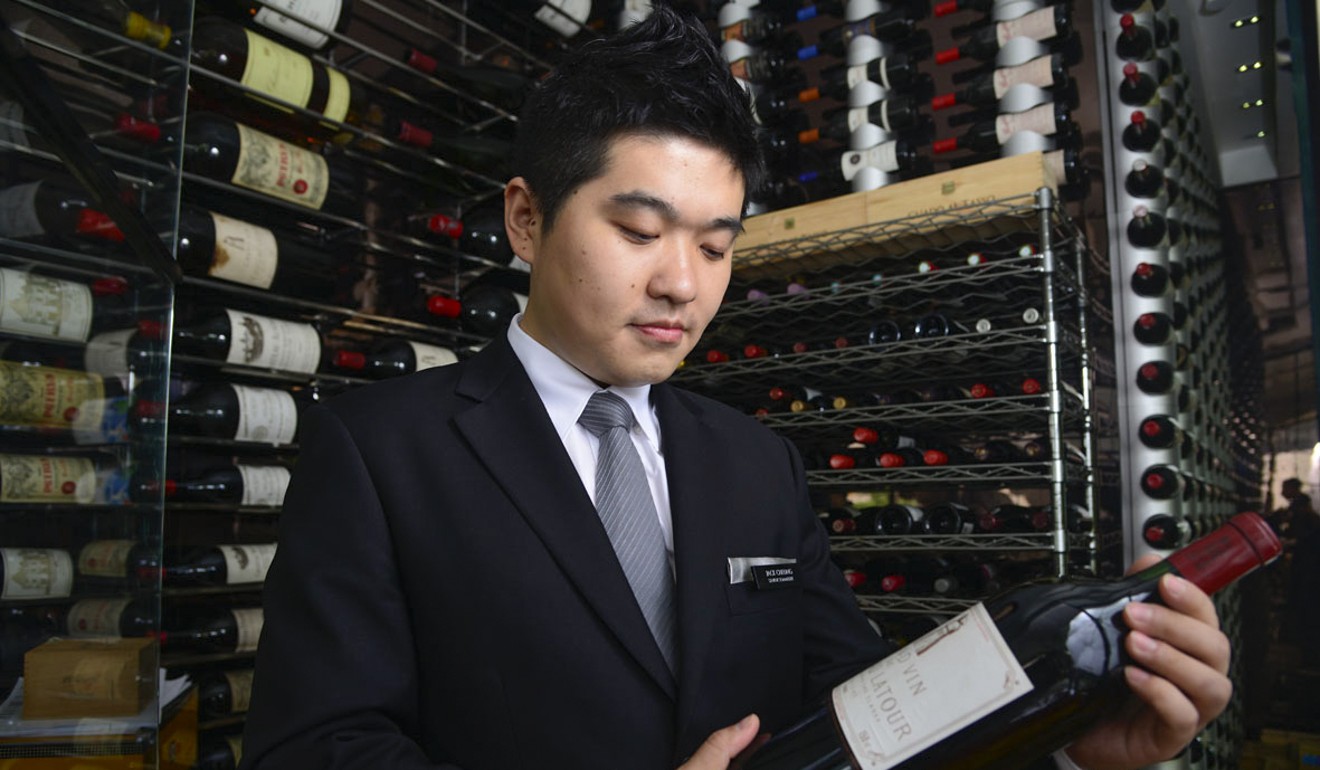
Jack Cheung, group beverage director, Hong Kong Parkview Group
“When wine taxes and duties were abolished, I expected a boom on the back of China’s development. Everybody thought Hong Kong would become an export house for China. The outcome was better than anyone expected, with development occurring inside Hong Kong. The local wine scene has prospered, not only through re-export to China, but also in terms of professionalism.
“The last 10 years saw a large influx of wine people and companies into Hong Kong, including many small businesses. Where we once had to travel to meet winemakers, now they visit here often. This industry activity has spawned many new services, consultancies and wine schools to raise the knowledge and skills of local wine professionals. There are no wineries in Hong Kong, but there are three masters of wine [this writer, Jeannie Cho Lee and Sarah Heller], which is a sign of just how rapidly wine-related services have developed here.
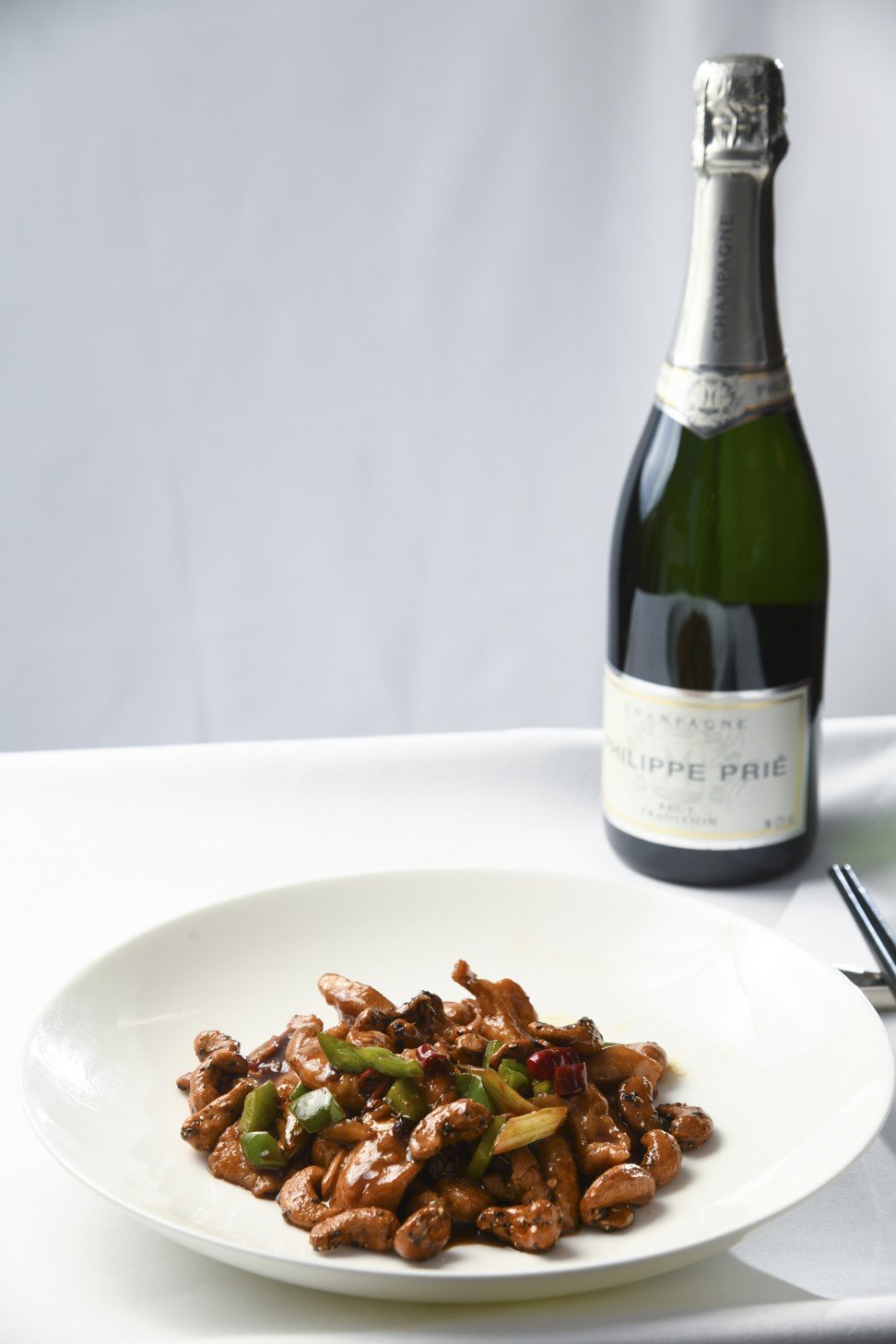
“Initially, consumers expected that the abolition of taxes and duties would lead to a decrease in wine prices. That didn’t happen overnight, but the expectation helped drive demand. Over the years we have seen some price reductions, but more important, there is increased diversity due to the entry of more new businesses.
“Hong Kong has a huge diversity of wine styles, countries and brands available, making our wine scene nimble and able to adapt fast to changes in drinkers’ tastes. Our wine fairs have some of the most wide-ranging wine tastings in the world, second only maybe to London. Even in London I would argue there are not as many new world wines.
“For F&B buyers, it is easier to source interesting wines in Hong Kong than other Asian countries. We can find non-mainstream wines here from Georgia and Japan. Some restaurants list as many as 200 champagnes on the wine list, which is unheard of in Singapore. Hong Kong’s growth has been faster than any other Asian market.”
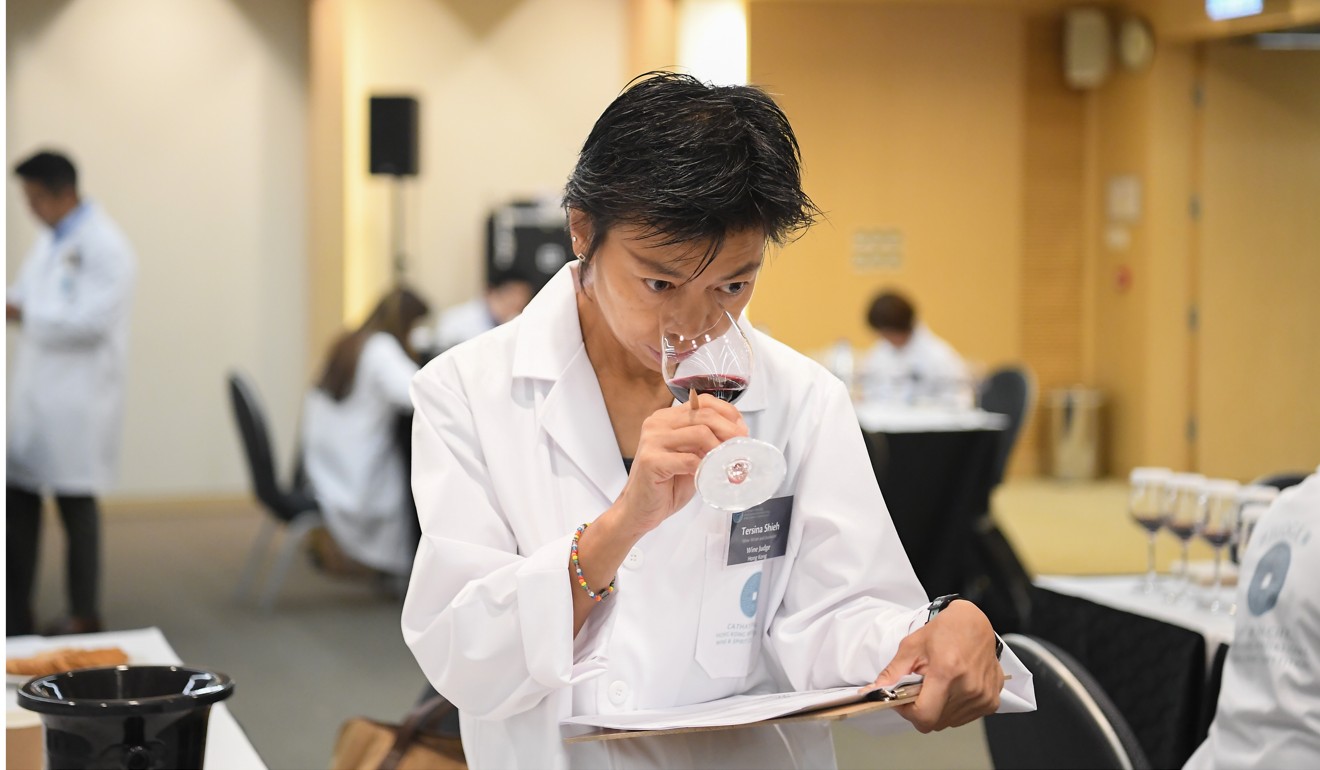
Tersina Shieh, wine consultant, judge and writer
“In 2009 – the first year of the HKIWSC – I returned to Hong Kong after 10 years abroad amid the buzz that the government had abolished wine duties. Many local people were talking about going into the wine business. It was partly because of all this consumer enthusiasm that I agreed to return to Hong Kong and work for my former boss, the wine educator and co-founder of HKIWSC Simon Tam.
“The Hong Kong government certainly made all the right noises when they cut the wine tax and improved the industry, but I think they could still do more, such as making it easier for F&B operators to obtain a liquor license, and for promoters to organise wine and lifestyle events. There are still too many hurdles for companies who want to organise outdoor wine-related festivals in Hong Kong.”
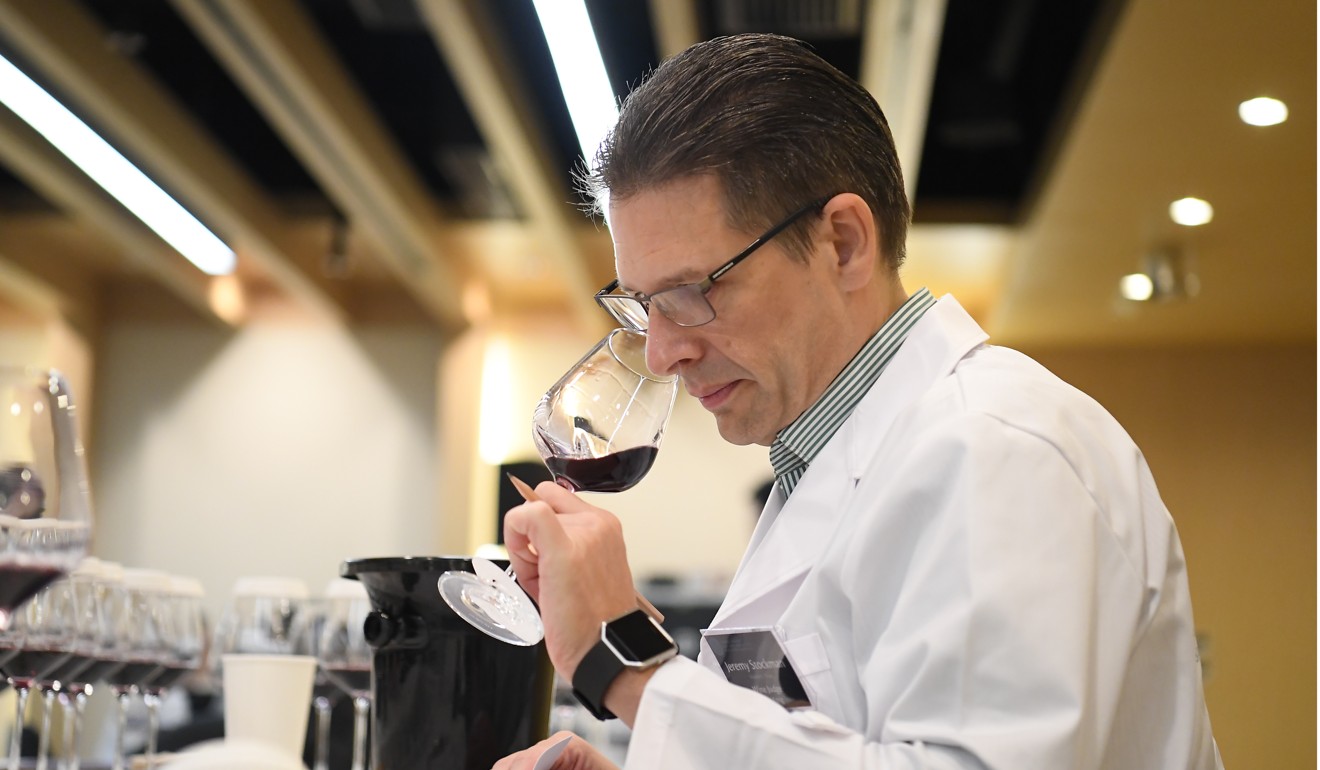
Jeremy Stockman, general manager, Watson’s Wine
“The government’s desire was for Hong Kong to become Asia’s – even the world’s – hub for wine. That certainly has happened; we’ve left Tokyo and Singapore behind.
“From a trade point of view, that means Hong Kong is the place to be for wine. Back in 2008, if you wanted to be in wine, you were in London, New York maybe Tokyo. If you want to be in wine today, you come to Hong Kong. Just take a look at all the young French people who are here in the wine industry. People come here to be involved. That encourages the wine culture.
There are so many great restaurants [in Hong Kong], and corkage of HK$300 to HK$400 as a proportion of the cost is still cheaper than buying off most wine lists
“In that time, we’ve seen a huge growth in desire for fine wine by a much wider audience, especially for wines from Burgundy. There has also been a maturing of the market here, with a lot more people understanding wines from around the world. People have an appreciation for South American wine today compared to seeing it as just a supermarket wine 10 years ago. Likewise, Australian wine. They are no longer reliant just on Bordeaux. People might walk into a Watson’s Wine store and buy a boutique wine for HK$500 from another region. Bordeaux is still incredibly important here, but there’s more to people’s range of products now.
“The way people shop has changed, too. Landlords’ desire to continue to raise rents means people buy wines not just from a retail shopfront but also online and one-on-one. They might buy a case of Barolo online, for instance. But not [when it comes to] fine wine – they still want to inspect a Latour.
Pinotage, born of cinsault and pinot noir grapes, goes its own way
“The majority of good bottles of wine are still being consumed via gifting or in a BYOB environment. There are a lot bought in restaurants as well, but not many people host dinner parties at home. There are so many great restaurants here, and corkage of HK$300 to HK$400 as a proportion of the cost is still cheaper than buying off most wine lists.”
For the full list of this year’s HKIWSC winners, visit hkiwsc.com
